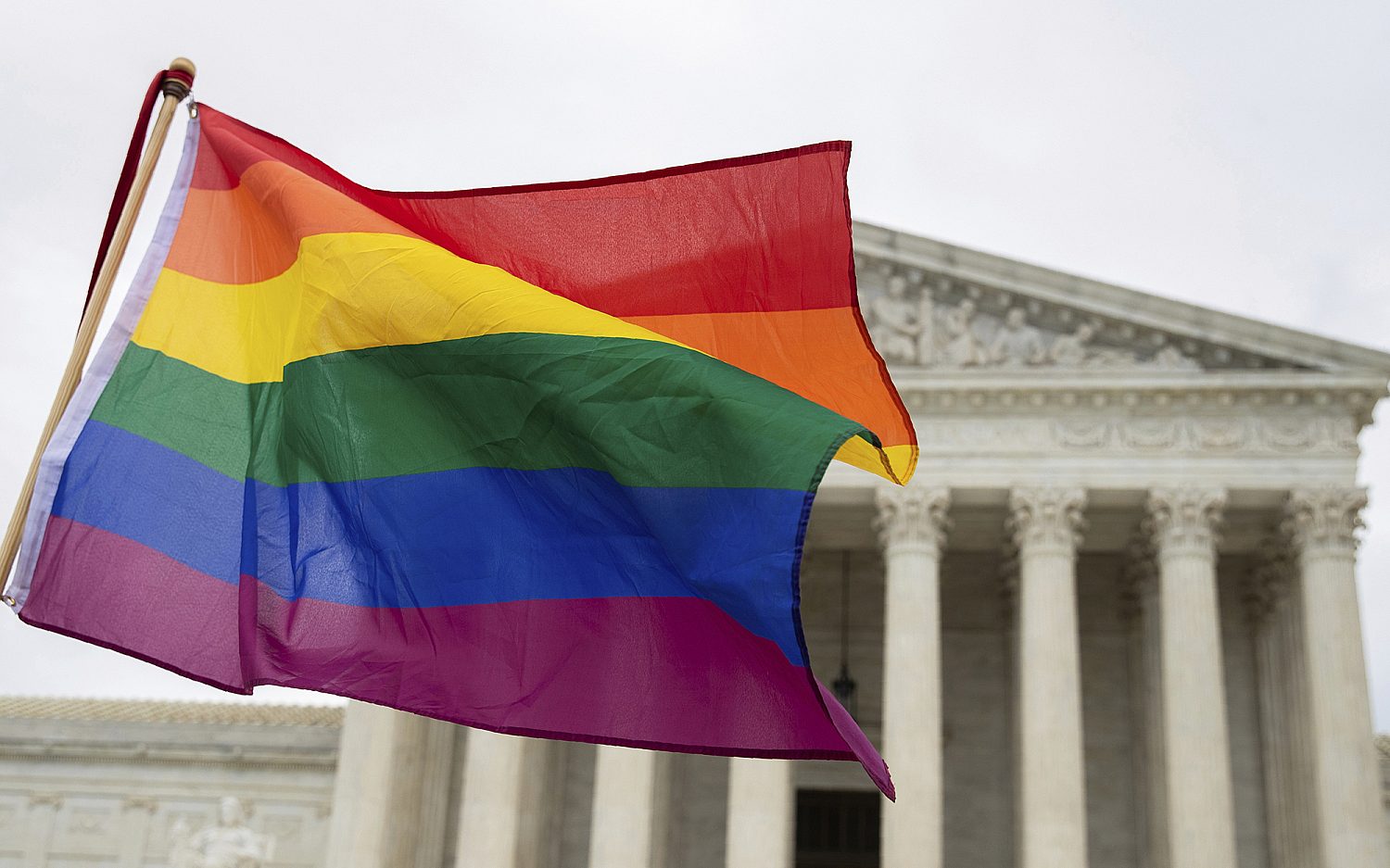Jeremiah Denton's conservative legacy
The Vietnam War hero’s short political career helped shape modern conservative politics
Navy pilot Jeremiah Denton was tortured mercilessly by the North Vietnamese after being taken as a prisoner of war in 1965. In May 1966, after 10 months in captivity and numerous beatings, Denton’s captors put him in a bright television studio in front of a Japanese film crew to make a propaganda broadcast. If he didn’t answer questions the way he was supposed to, the beatings would continue.
According to The New York Times account of the incident, Denton “slumped in a chair before the television cameras.” He was “haggard but gritty.” Despite the torture and the threats, Denton held his ground. When his interrogator asked Denton about American “war atrocities,” Denton answered: “I don’t know what is happening in Vietnam because the only news sources I have are North Vietnamese. But whatever the position of my government is, I believe in it, I support it, and I will support it as long as I live.”
That answer enraged Denton’s captors. But Denton had another trick up his sleeve. Pretending to be bothered by the bright television lights, he started blinking. His blinking was not random: Denton blinked the word “TORTURE” in Morse code during the televised interview. It was confirmation that Americans were being tortured in prisoner of war camps. When his Vietnamese captors found out they’d been duped, they beat Denton severely. But in America—where the interview played on national television—he became a hero. While still in captivity, Denton was awarded the Navy Cross—second only to the Medal of Honor—and promoted from Commander to Captain.
This American hero died on Friday. He was 89.
Most news accounts of his death included the story of his television appearance. What few accounts included, or added dismissively, was Denton’s role in standing for Christian values in the public square and for helping to build the conservative movement in the United States.
When Denton came home from Vietnam in 1973, after nearly eight years as a POW, he was distressed by America’s worsening moral climate. Denton retired from the Navy in 1977 and established the Coalition for Decency—more than two years before Jerry Falwell began the Moral Majority and more than a decade before Pat Robertson founded the Christian Coalition. Denton’s Coalition for Decency promoted Christian values and became a platform from which he launched a short political career. In 1980, Denton won election to the U.S. Senate, and in the process set a number of precedents: He became the first Republican since Reconstruction to win election to the Senate from Alabama, the first Catholic to win statewide office in Alabama, and the first admiral ever elected to the Senate. Denton’s election also turned Alabama and the South, until then solidly Democratic, into a Republican stronghold, shifting the landscape of national politics.
He served only one term before being beat in a close election in 1986, losing to a moderate Democrat who later switched to the Republican Party. Though a freshman senator, his national profile gave him more than his share of clout in the Senate, and he used that influence in 1985 to pass what has come to be called the Denton Amendment to the Foreign Assistance Act of 1961. The Denton Amendment allows military planes on training missions to deliver humanitarian aid from Christian and other aid groups to poor countries, or countries facing catastrophe. So-called Denton Program missions continue today. In 2010 alone, non-profit organizations shipped more than 2 million pounds of humanitarian aid using military aircraft, made possible by the Denton Amendment. In 2011, in the aftermath of severe flooding in Nicaragua, World Missions Outreach fed 15,000 people per day there, using Air Force training missions to deliver food. “Without the Denton Program, donated goods from the U.S. would never make it here,” Donna Wright, World Missions Outreach international mission director, told Air Force magazine at the time. “We do not have the money to pay for the shipping.”
Denton would occasionally come out of retirement to work for conservative causes or to support America’s military. Ron Robinson, president of the conservative group Young America’s Foundation, said that during the first Gulf War, the mainstream media and liberal groups publicized college student activism against the war. “We did not want to repeat the mistakes of Vietnam, to allow the Left to define young Americans as being opposed” to U.S. efforts, Robinson said. So Young America’s Foundation planned a rally at Washington and Lee University. “It wasn’t the easiest campus to get to,” but resistance from the school collapsed when Denton said publicly “he wanted to speak to the students,” Robinson said. The event was “a spectacular success,” he recalled. “It ended up being the largest student rally during the war. It wouldn’t have happened without Jeremiah Denton.”
Those who knew Denton say despite his reputation as a Cold War hero, he was soft-spoken and gentlemanly. Denton was among the first group of prisoners released in 1973. With characteristic understatement, he made only a brief public statement: “We are honored to have had the opportunity to serve our country under difficult circumstances.”
Jeremiah Andrew Denton Jr. was born in Mobile, Ala., on July 15, 1924, and graduated from the U.S. Naval Academy. In 1946, he married Kathryn Jane Maury, with whom he had seven children. The Dentons remained married for 61 years, until Kathryn’s death in 2007.
An actual newsletter worth subscribing to instead of just a collection of links. —Adam
Sign up to receive The Sift email newsletter each weekday morning for the latest headlines from WORLD’s breaking news team.





Please wait while we load the latest comments...
Comments
Please register, subscribe, or log in to comment on this article.